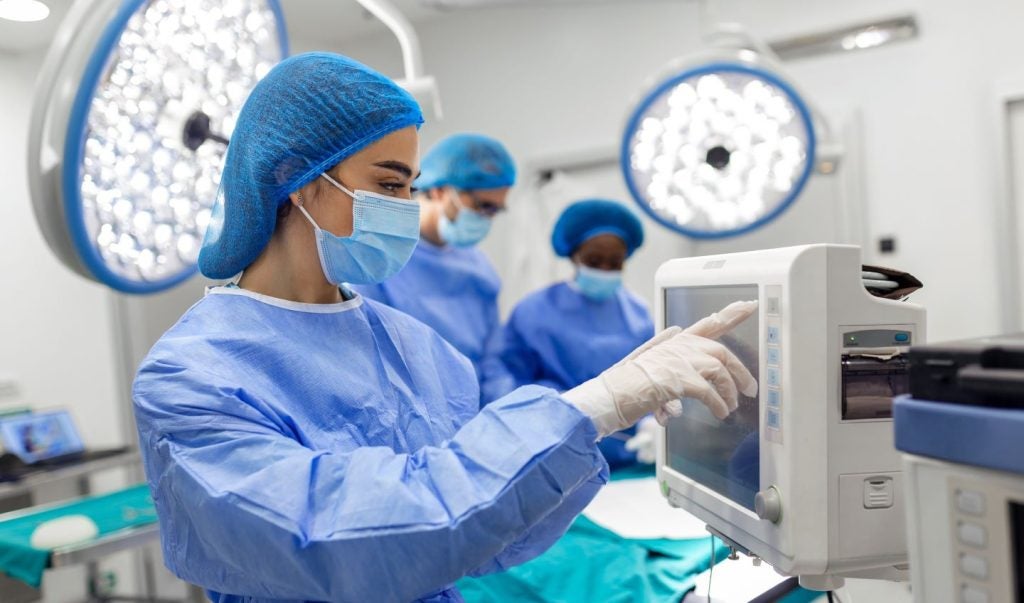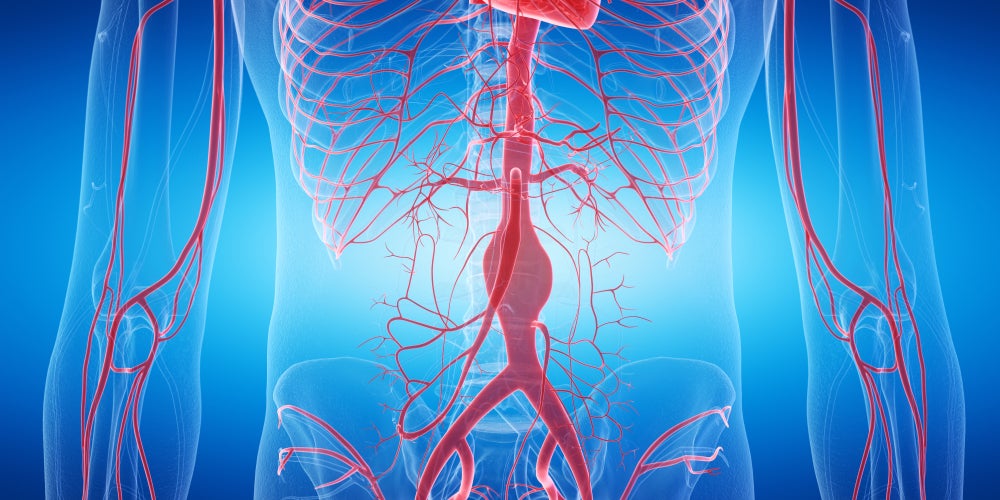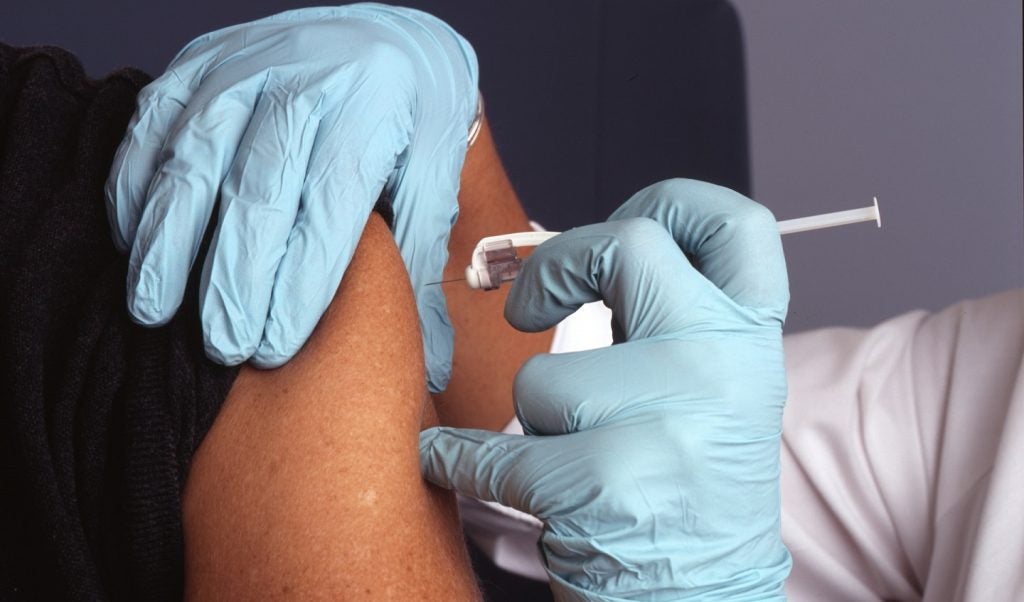The World Health Organization (WHO) has launched the Medical Devices Information System (MeDevIS), an open-access online platform to streamline global access to medical technologies and devices.
MeDevIS is created to assist governments, regulators and users in making informed decisions about the selection, procurement, and usage of medical devices.
The offering encompasses 2,301 medical device types for a wide array of health issues, including reproductive, maternal, newborn, and child health, as well as non-communicable and infectious diseases such as Covid-19.
With more than 10,000 different medical devices globally, ranging from simple tools to complex technologies such as cardiac stents and radiotherapy equipment, the platform aims to consolidate information and simplify decision-making.
The current landscape features disparate sources of information from various international organisations and regulatory bodies, which can be challenging for users to navigate.
MeDevIS addresses this by offering a single, comprehensive database where users can find details about medical devices, including their type, required healthcare system level, scope, and necessary infrastructure.
By replacing paper-based searches and non-standard device names, MeDevIS also strives to standardise medical device nomenclature.
It references two international naming systems: the European Medical Device Nomenclature (EMDN) and the Global Medical Device Nomenclature (GMDN), which are crucial for regulatory approval, procurement, and supply management.
This initiative builds on WHO's experience with the WHO Priority Medical Devices List, akin to the WHO Essential Medicines List (EML).
WHO commits to continuous enhancement of MeDevIS, engaging stakeholders and expanding the platform to include additional technologies, especially for pandemic and emergency responses.
WHO Health Products Policy and Standards in the Access to Medicines and Health Products division director Dr Deus Mubangizi said: “The MeDevIS platform can be useful for national policy-makers to develop or update their own national lists for the procurement of health technologies and devices and can contribute to the progress towards universal health coverage.
“It can also help agencies in health insurance and reimbursement policies for patients.”















